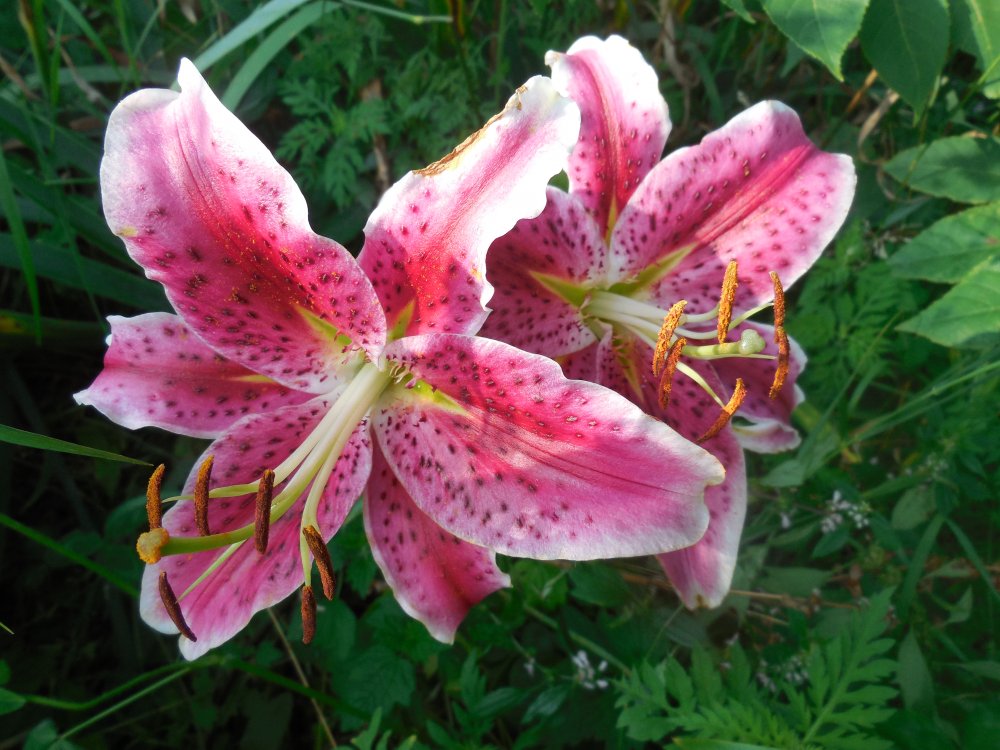I live in a downtown apartment with two windows that I rarely open because I don’t see well in sunlight. I have an aloe plant, a poor yet hardy thing that is somehow still alive after a year in these conditions. Apparently, I give it just enough water and the occasional open blind to keep it alive, but it is definitely not thriving.
The same thing can happen to us.
Many wise people have said something to the effect of: “In this life, you are either growing or dying.” I agree. That process of wilting and dying, though, can sometimes be slow, sneaky, going undetected for long periods of time. And whether we thrive or wilt depends heavily on our social soil.
Let’s assume that, genetically speaking, you’re a rose, and I’m a lily. You will always be a rose, and I will always be a lily. No matter how hard you or I try to be something different, it’s just not going to happen. The soil that we are in, however, will have a huge impact on how our lily-ness and rose-ness are expressed.
If I’m in fertile, nourishing soil, I’m going to grow into a luscious, vibrant lily. I will reach my full blooming potential. If I’m in toxic soil, however, I’m going to end up a shriveled brown version of that.
As people, our social soil—the relationships and social systems we find ourselves in—matter. They shape us, either supporting us, allowing and encouraging us to become the fullest and best versions of ourselves, or they limit our growth, even causing damage, in some way.
Our social soil includes our two-way relationships like romantic partners, friends, parent/child, as well as the bigger and more complicated social contexts in which we exist like families, workplaces, and various communities. We find ourselves in these environments both intentionally, the result of active choices, and passively, through unintentional choice or happenstance.
Sometimes, when the soil is super toxic, it’s hard to miss. You can tell immediately—this doesn’t look right, smell right, feel right. This is not good for me! Other times, though, it can actually be pretty difficult to recognize toxic soil. You wake up one day, look back and realize that you have slowly been withering away as a person.
Perhaps the hardest is when originally fertile soil turns toxic. There have been some times in my life when I found myself planted in what seemed to be healthy soil. I was excited, growing, prospering…then gradually the dynamics shifted. Over time, the result was halted growth. I found myself wilting, a less vibrant version of my former self. That’s a hard reality to accept, especially when you have invested a lot of time and energy into that particular soil.
Another hard reality to accept is that you may be toxic soil for someone else. As much as I hate to admit it, I am quite sure that there have been times when I inadvertently stunted the growth of my loved ones or others around me. Instead of bringing out the best in them, I heaped on to them, weighed them down.
I am not a bad person, and those people and places who were toxic for me are not necessarily inherently bad. Sure, some may be, but it seems more gracious to assume otherwise. How, then, can they be toxic? To mix metaphors here, sometimes two people come together like baking soda and vinegar. On their own, they are fine, useful, perfectly stable. Together…boom! Volcanic reaction.
Obvious conclusion? Get out of toxic soil if at all possible, even if it’s scary or difficult to muster the energy to change. It’s also time to get real with yourself. Are you lifting others up? Helping them grow?
Pay attention to the impact that your soils are having on you. Are you thriving or wilting?
Originally published on October 23, 2017 at https:www.ablindquest.com


